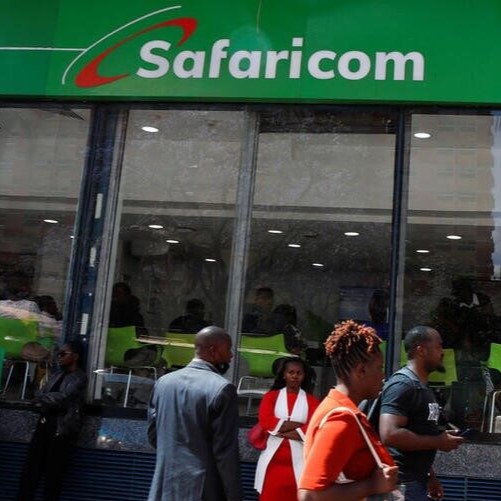The Central Bank of Kenya’s (CBK) proposal to implement a Fast Payment System (FPS) has drawn criticism from Safaricom and the Kenya Bankers Association (KBA), who estimate the project could cost $200 million (KES 25.9 billion) and take up to four years to complete. The FPS aims to improve interoperability across payment systems and lower transaction costs, but stakeholders argue that the initiative may duplicate existing infrastructure and hinder innovation in Kenya’s advanced financial ecosystem.
Safaricom and KBA, in a joint report, recommended that instead of creating a new FPS, the CBK should focus on upgrading existing platforms like Pesalink, already utilized for peer-to-peer bank payments. While acknowledging the potential benefits of FPS, the report questions the significant financial investment and lengthy timeline required.

A key point of contention is the proposed creation of a Special Purpose Vehicle (SPV) to oversee the FPS. The SPV, under CBK’s majority ownership (60%) with Safaricom and commercial banks holding 20% each, would necessitate legislative amendments and an initial investment of $30 million. The report argues that this structure could lead to bureaucratic inefficiencies and delays, potentially slowing innovation in Kenya’s fast-evolving payments market. Kenya’s payments ecosystem is heavily mobile-driven, with platforms like M-Pesa and Airtel Money facilitating billions of dollars in annual transactions. Safaricom and KBA expressed skepticism about the FPS’s suitability for such a market, noting that similar systems in other regions were developed in environments dominated by cash or card transactions.
The report suggests that an FPS in Kenya could disrupt existing mobile money systems, which already operate as critical financial lifelines for individuals and businesses. Instead of building a new system, the report advocates designating an established platform, like Pesalink or M-Pesa, as the FPS operator. This approach would involve broadening ownership to include the CBK and other financial stakeholders, ensuring inclusivity and cost efficiency.
Despite these concerns, payment experts acknowledge the potential benefits of an FPS in reducing transaction costs and facilitating seamless fund transfers across platforms. According to Alfred Ongere, former Chief Technology Officer at Payless Africa, the FPS could spur innovation and create opportunities for smaller players, though it may also increase entry barriers for new market entrants. Kenya’s current payment infrastructure is fragmented, with mobile money platforms operating separately from banks and other financial institutions. For example, Pesalink is limited to banks, excluding Savings and Credit Cooperative Organizations (SACCOs) and microfinance institutions. An effective FPS could unify these systems, simplifying integrations and fostering greater financial inclusion.
The CBK has yet to clarify whether it will move forward with the proposed FPS or prioritize upgrading existing systems. Future guidelines are expected to address these concerns and outline a roadmap that balances cost efficiency, inclusivity, and Kenya’s established leadership in mobile and digital payments. As the debate continues, stakeholders agree on the need to maintain Kenya’s position as a global leader in financial innovation while ensuring that any new system aligns with the unique dynamics of its payments ecosystem.


